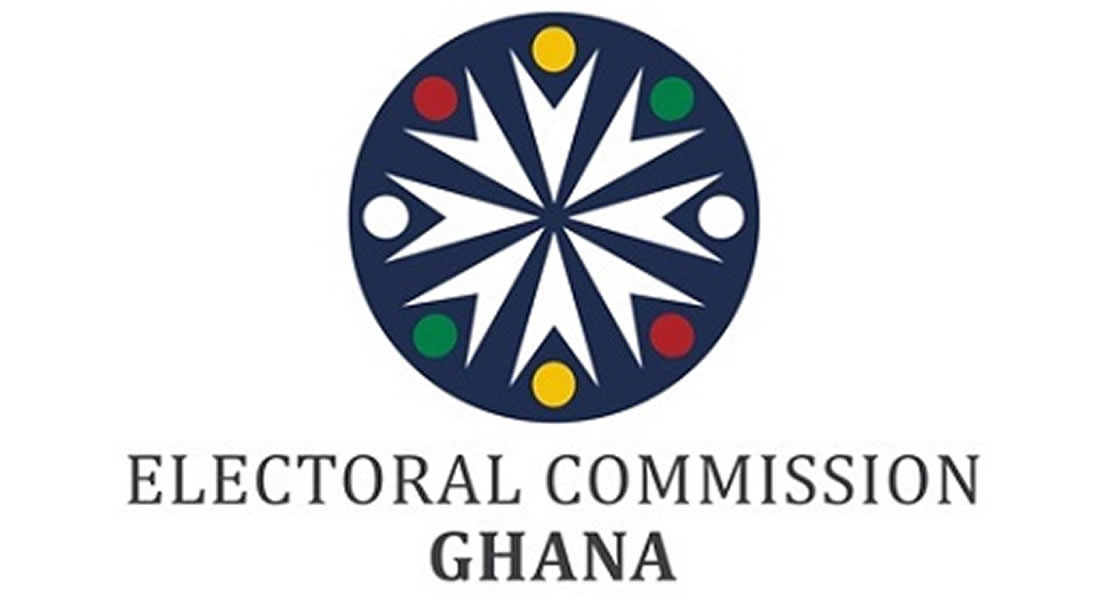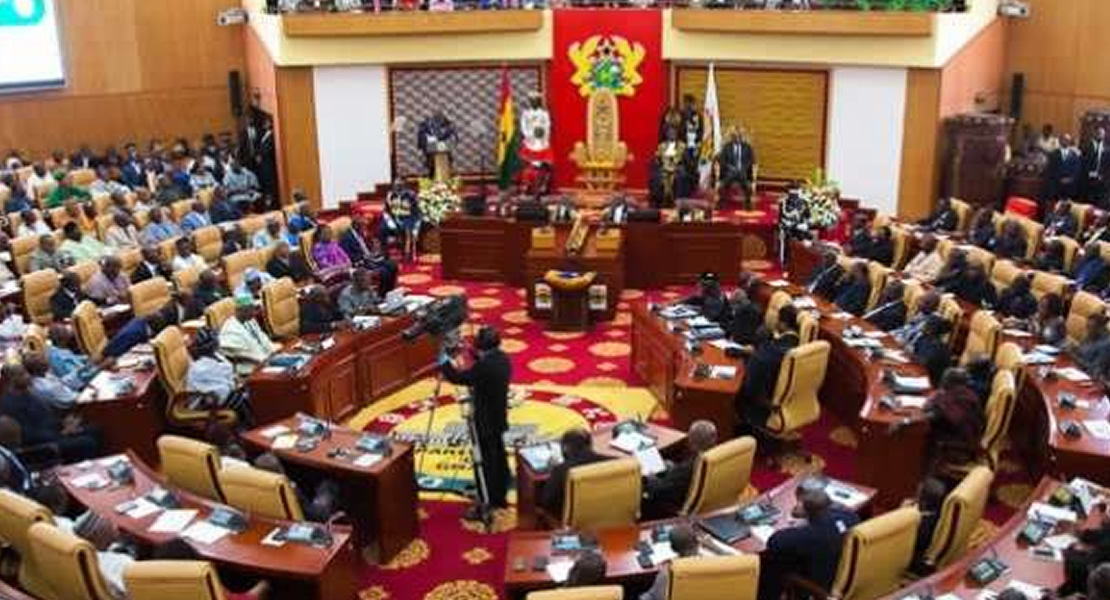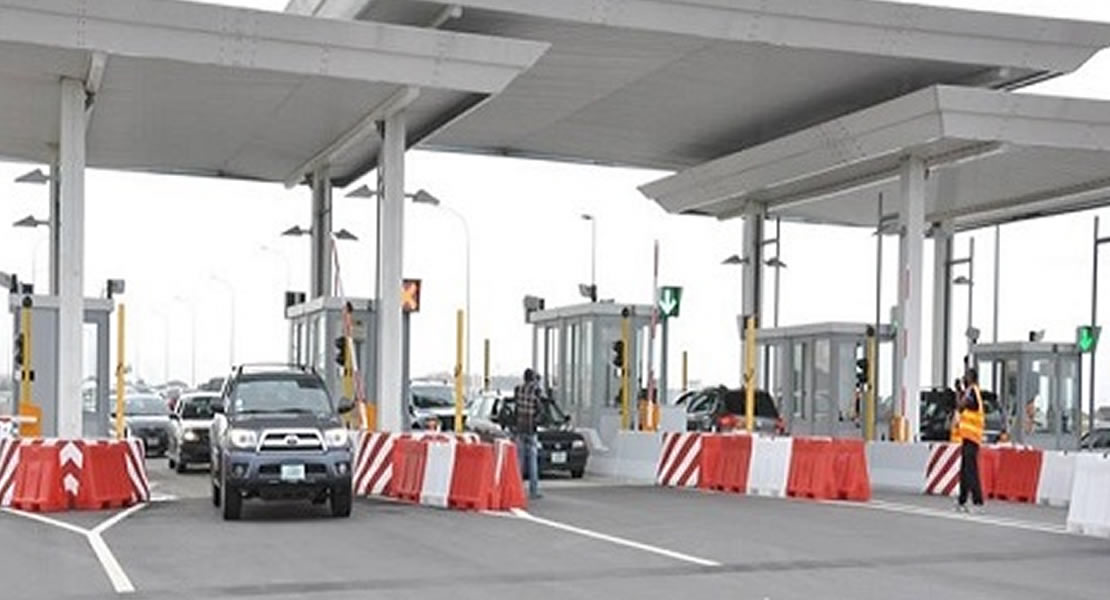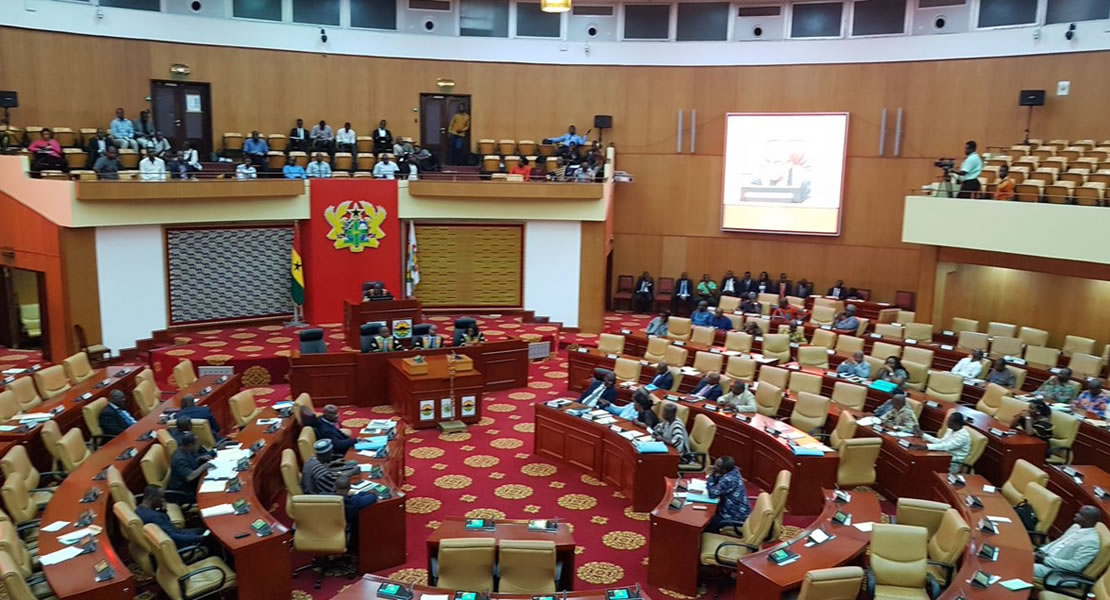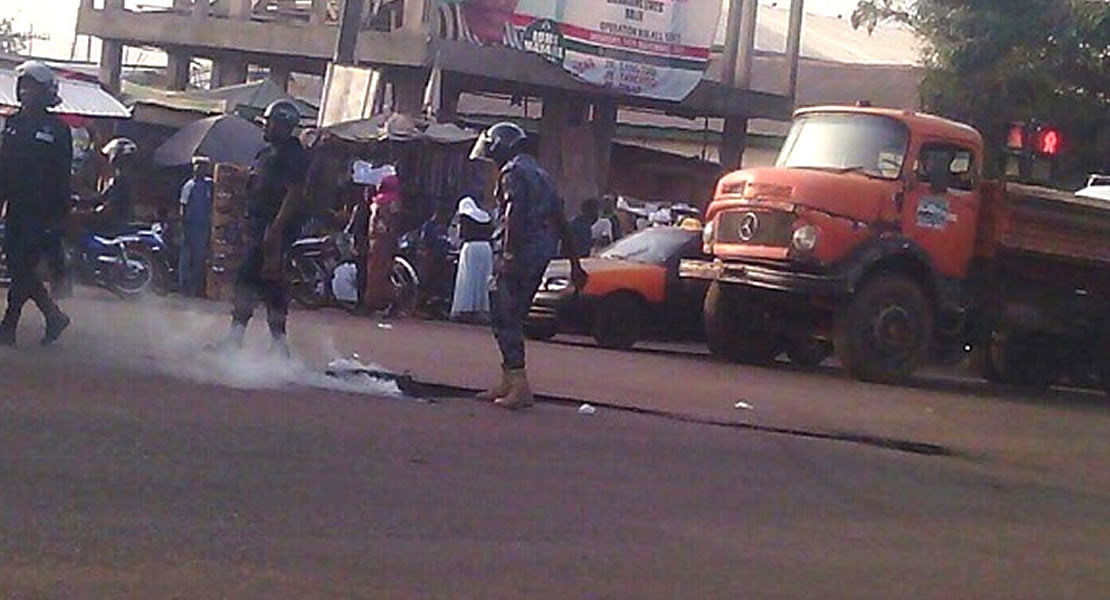Parliament has ratified nine treaties and international conventions to which the country is a signatory, to address defects in the existing civil aviation rules and bring them in line with international regulations.
The nine treaties and international conventions cover security, general civil aviation rules, airlines and passengers.
By the 275 lawmakers’ actions, residents living around airports and flight paths are now protected under the Convention on Damage Caused by Foreign Aircraft to Third Parties on the Surface, otherwise known as the Rome Convention of 1952, in the unfortunate incidence of an aircraft accident.
Non-rectification of this particular convention, for instance, affected the compensation payout to victims of the Allied Air Cargo plane crash at the Kotoka International Airport in June 2012.
Ten people were killed when the Boeing 727-200 cargo plane, which flew into Accra from Lagos en-route to Ivory Coast, overshot the runway on landing, and crashed through the airport fence wall before crashing into a public transport ‘Trotro’ on the El-wak-Burma Camp Road — killing 10 and injuring two other persons in a nearby taxi.
Theophilus Tetteh Chaie, Chairman of the Parliamentary Select Committee on Roads and Transport, told the B&FT that: “For some time now we have some treaties and conventions that were put before the house for ratification. These treaties and conventions have been in existence, some since the 1990s and early 2000s.
“Unfortunately, although Ghana has signed onto those treaties and conventions, they have not been ratified by Parliament — and this has created a lot of problems for the aviation sector; especially domestic airlines passengers’ safety, and the airlines’ safety as well.
“When the Allied Air crash at KIA occurred, some third parties died and others got injured as a result. At the end of the day, because this particular convention had not been ratified, what happened was government had to negotiate with the airline for settlement. In this case, because you don’t have the law ratified in your country backing your actions, the person will bargain with you.
“Once this law has been ratified, it gives the Ghana Civil Aviation Authority (GCAA) and other stakeholders the power to hold such airlines responsible.”
Ratification of the Protocol to Amend the Convention on Offences and Certain Other Acts Committed on Board Aircraft, otherwise known as the Montreal Convention, has also strengthened the hand of airlines to deal with unruly passengers.
International Air Transport Association (IATA) data show that unruly passenger incidents are on the increase. Between 2007 and 2013, airlines recorded unruly passenger incidents of 28,000. These incidents have sometimes forced flights to return to base or land at a nearby airport to discharge the unruly passengers.
“The upsurge and severity of unruly behaviour on board a civil aircraft that may affect the safety of the aircraft or persons or property therein, or affect good order and discipline on board the aircraft, is what informed the International Civil Aviation Organisation (ICAO) to amend the old Convention with the new protocol.
“The Protocol significantly improves the ability of ICAO member-states to expend jurisdiction over related offences in the operation of civil aircraft in flight and on landing. The agreed changes give greater clarity to the definition of unruly behavior — such as the threat of or actual physical assault, or refusal to follow safety-related instructions on board civil aircraft,” the Committee said in its report to Parliament.


